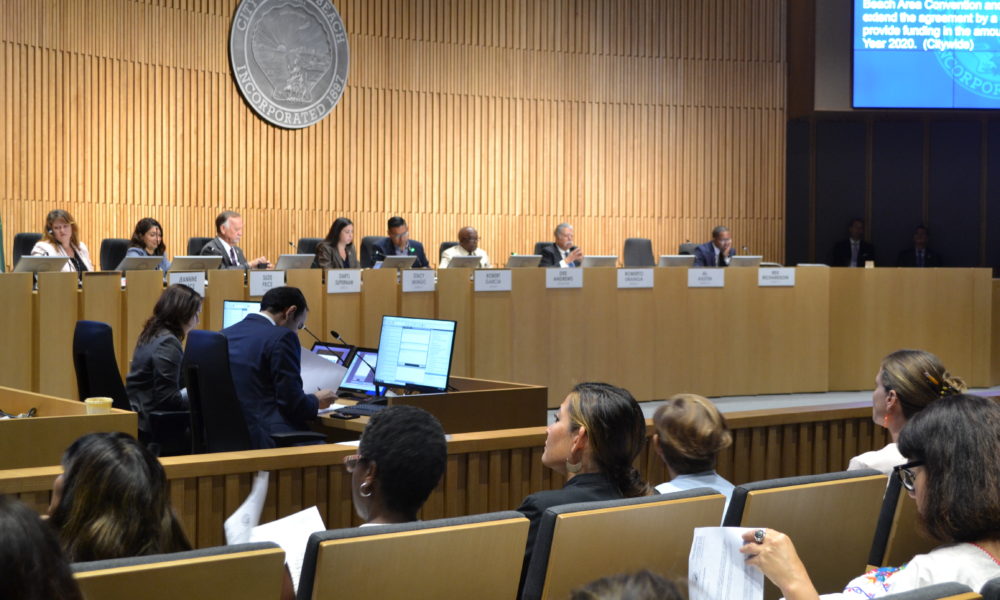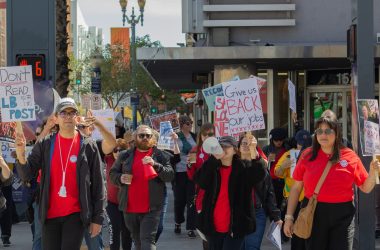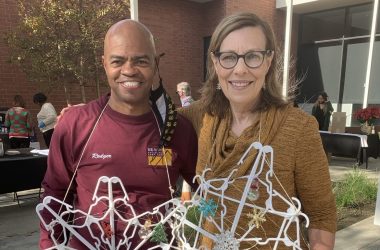The Long Beach City Council unanimously voted in favor of recognizing and celebrating Asian Pacific Islander American Heritage Month during its Tuesday meeting.
Introduced by Councilwoman Suely Saro, the agenda item emphasized the importance of recognizing all those in the AAPI community during the month of May.
“May is Asian Pacific Islander American Heritage Month. Many will hear Asian Pacific Heritage Month, but the reason I choose Asian Pacific Islander American is oftentimes Pacific Islanders are left out from being identified as Americans when they are as well,” Saro said.
Saro said the month of May was chosen to commemorate the first U.S. Japanese immigration wave on May 7, 1843 and the anniversary of the transcontinental railroad on May 10.
Emphasizing the long-term presence of the AAPI community in Long Beach, Saro discussed how Asian Americans and Pacific Islander Americans began arriving in the area in the early 20th century. The city’s Japanese American population declined after World War II with Executive Order 9066, which forcibly relocated those of Japanese descent to internment camps. After the war, Long Beach saw a wave of Cambodian and Pacific Islander immigrants.
“As we acknowledge the work ahead of us and all the things we must do to fully recognize the equality and dignity of our Asian and Pacific Islander neighbors, we take this time to celebrate and uplift the history and heritage,” Councilwoman Mary Zendejas said. “Our diversity is what makes us so incredibly strong.”
Councilmember Al Austin and Councilwoman Suzie Price both echoed the importance of acknowledging and celebrating the cultures, traditions and contributions of the AAPI community in Long Beach.
Saro maintained that Asian Americans, Filipino Americans in particular, have been significantly impacted by the COVID-19 pandemic.
“We have seen the heroic examples of what APIs have done to sacrifice their lives for this country, serving on the front lines of the pandemic. Examples are that nearly 31.5% of nurses who died of the coronavirus in the U.S. are Filipino, even though they make up 4% of the nursing population,” Saro said.
During public comment, Victor Thompson, executive director of the National Pacific Islander Education Network, discussed his experience growing up as a member of the Pacific Islander community in Long Beach and seeing it grow.
Despite this, he explained that “over 80% of our people in America do not hold a college degree.”
“We are underrepresented in many professions,” Thompson said.
Also during public comment, Anthony Tanaka, acting vice president of the Long Beach Japanese Cultural Center, expressed support of the resolution.
“To us, our mission is to enhance the lives of people of Long Beach and the South Bay,” Tanaka said. “Even as the Japanese community isn’t as large as it use to be, we still serve the rest of the community at large.”
The council also approved the Long Beach Equity Toolkit, an information guide to help provide strategies and guidance on how to “make positive changes through equitable policies, programs and services” in the city, according to the Office of Equity.
“[It’s important] that we don’t just talk about equity, that we actually achieve equity,” Saro said. “One of the steps is ensuring that there is a tool kit to incorporate into our departments and infusing it in the ways we practice in our work, community and residences. [A step] we can take to help end systemic racism.”
The Long Beach City Council will reconvene on Tuesday, May 11 at 5 p.m.




